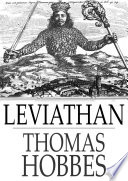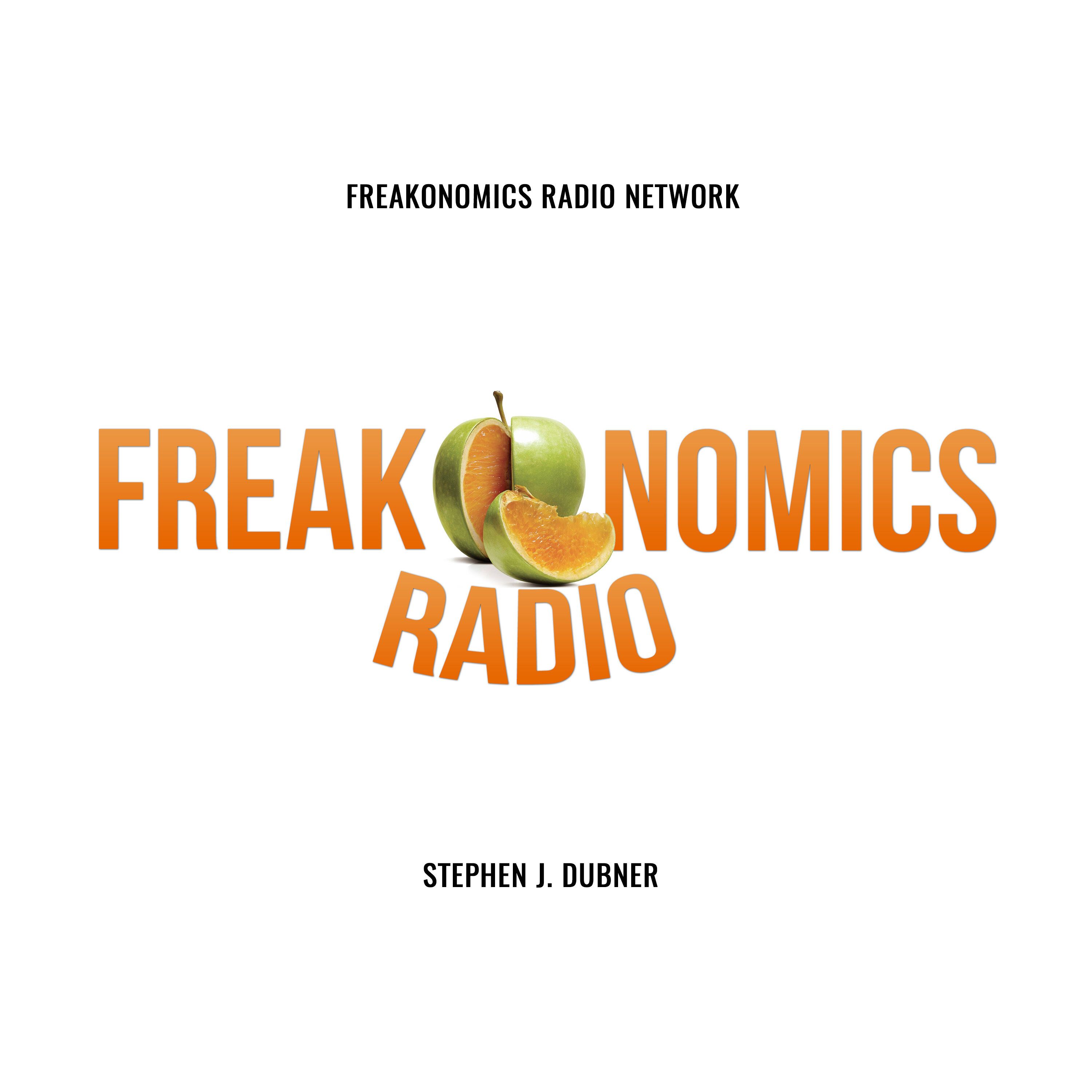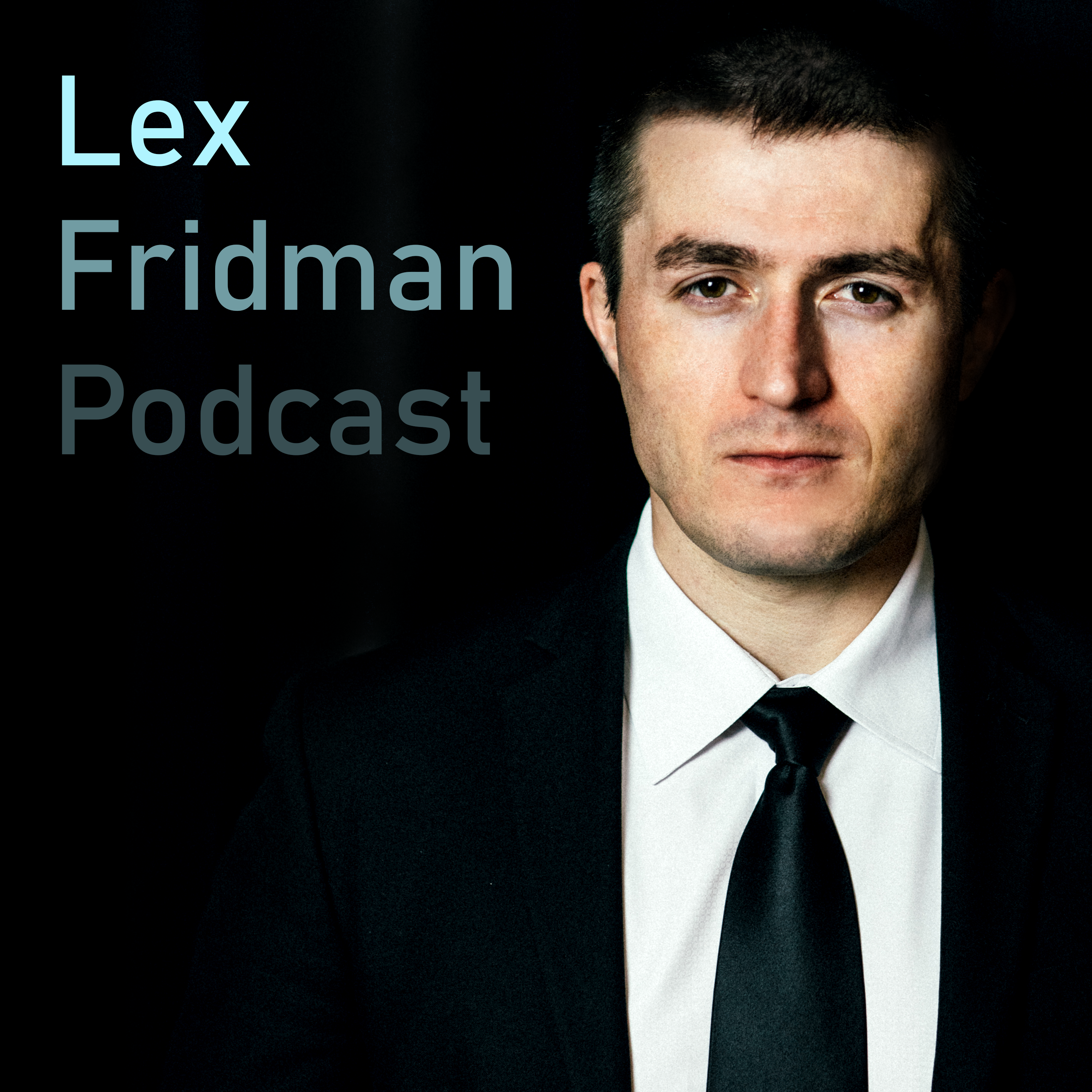Podcasts that mention 📚 Leviathan by Thomas Hobbes

Leviathan
Mentioned 3 times in 3 episodes across 3 podcasts.
Podcasts that mention Leviathan by Thomas Hobbes

Freakonomics Radio episodes that mention Leviathan by Thomas Hobbes
Episode: Does Philosophy Still Matter? | Freakonomics Radio | Episode 512
Published on December 27, 2022
It is part of a famous phrase written by the 17th-century philosopher Thomas Hobbes in his book 'Leviathan.'
In this segment, the host discusses the famous quote from Thomas Hobbes' book 'Leviathan' to elaborate on the origin of the title of Scott Hershovitz's book.

Lex Fridman Podcast episodes that mention Leviathan by Thomas Hobbes
Episode: John Mearsheimer: Israel-Palestine, Russia-Ukraine, China, NATO, and WW3 | Lex Fridman Podcast #401
Published on November 17, 2023
Hobbes's view is that the way to get out of this terrible situation, where individuals are competing with each other and even killing each other, is to create a state, which he calls the Leviathan. That is, of course, the title of his famous book.
John Mearsheimer discusses Thomas Hobbes's perspective on resolving competition and conflict through the establishment of a state, referencing Leviathan as the title of Hobbes's renowned work, while exploring the concepts of anarchy and hierarchy in international relations.

The Ben & Marc Show episodes that mention Leviathan by Thomas Hobbes
Episode: Why It's Time to Be A Techno-Optimist
Published on October 21, 2023
Like nature really has it out for you, um, and if you're unprotected in a state of nature like it, you know, the old, the old thing is you know life and state of nature is, is is is what is it nasty, brutish and short, poor, solitary, nasty, brutish and short, Hobbes, yeah, exactly. And so so look technology, you know, it's of the flip side of the question is technology is now buffering us against, you know, sources of mass death, um, that used to be, you know, far far far more common.
Marc references Hobbes and the quote 'nasty, brutish and short' to illustrate life in a state of nature. This leads to the inference that his mention pertains to Hobbes' book 'Leviathan', which explores these themes.
If you’d like to explore more in Leviathan, you can purchase it here:
